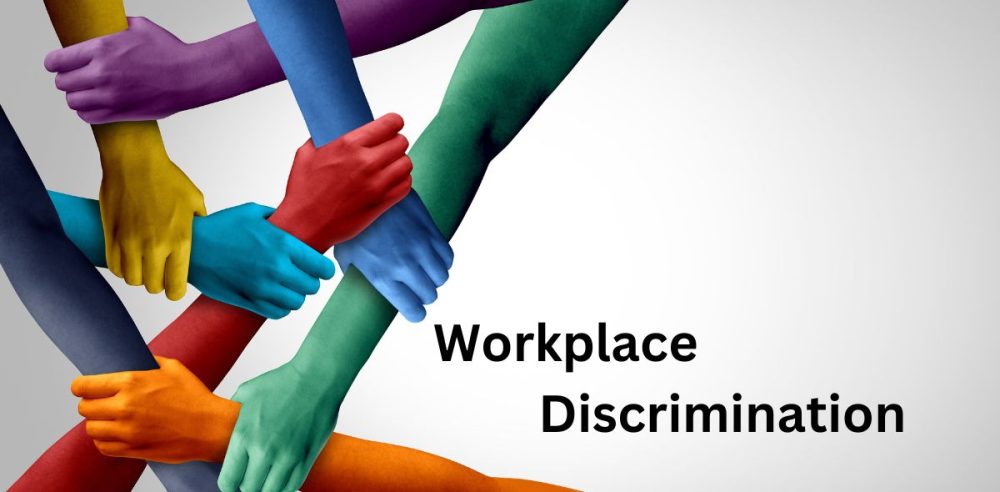With all the DEI initiatives that are mandated onto employees, what often falls beneath the wave of the Pride flag is the possibility of reverse discrimination.
On October 4, the U.S. Supreme Court agreed to hear a case surrounding a woman’s claim that she was denied a promotion and demoted from her job because she was not gay.
Marlean Ames filed a lawsuit against the Ohio Department of Youth Services in 2020, claiming sex-based discrimination.
According to court documents, she asserted that she was denied a promotion and subsequently demoted because of being a “heterosexual woman.”
Ames, a woman who is heterosexual, has been employed at the Ohio Department of Youth Services since 2004. She started as an Executive Secretary and was later promoted multiple times, eventually attaining the position of Program Administrator. As of the time this article was published, Ames remains employed by the Department.
In 2017, Ames began working under the supervision of Ginine Trim, who is a lesbian.
In Ames’s 2018 review, Trim wrote that Ames had “met ‘expectations’ in ten competencies and exceeded them in one,” per court documents.
In 2019, Ames sought a promotion to become Bureau Chief of Quality Assurance and Improvement but was unsuccessful in securing the position.
“Instead, the Department offered it to a gay woman who (1) started after Ames, (2) did not originally apply for the promotion, and (3) ‘lacked the minimum qualifications’ for the job, thus requiring the Department to “circumvent[] its own internal procedures” to hire her…. Shortly thereafter, the Department removed Ames from her position as Program Administrator, giving her the choice between a demotion or termination,” reads the court documents.
Ames chose the demotion, which resulted in her wages being “nearly halved, from $47.22 per hour to $28.40.”
The Department hired a gay man as the new Program Administrator to replace Ames, even though he, like the woman who got the Bureau Chief position over Ames, was “neither qualified nor having formally applied,” per court documents.
Title VII of the Civil Rights Act of 1964 bars employers from discriminating against any individual.
“It shall be an unlawful employment practice for an employer to fail or refuse to hire or to discharge any individual, or otherwise to discriminate against any individual with respect to his compensation, terms, conditions, or privileges of employment, because of such individual’s race, color, religion, sex, or national origin,” states the statutory provisions involved.
The Sixth Circuit dismissed Ames’ case in December 2023, stating that they agreed with the district court’s summary judgment to the Department, “holding that Ames lacked evidence of ‘background circumstances’ necessary to establishing her prima-facia case for her claim based on sexual orientation, and that Ames lacked evidence of pretext for purposes of her sex-discrimination claim.”
However, Judge Raymond Kethledge expressed his disapproval of the ruling in a concurring opinion, noting that he disagreed with the rule his court had to enforce.
“Thus, to state the obvious, the statute bars discrimination against ‘any individual’ on the grounds specified therein,” Kethledge wrote. “Yet our court and some others have construed this same provision to impose different burdens on different plaintiffs based on their membership in different demographic groups.”
“Respectfully, our court and others have lost their bearings in adopting this rule… And nearly every circuit has addressed this issue one way or another. Perhaps the Supreme Court will soon do so as well,” concluded Kethledge.
It looks like Kethledge may get his wish.
On October 4, 2024, the U.S. Supreme Court justices decided to consider whether a higher standard should be necessary for individuals belonging to a “majority-group” to make such claims.
Arguments will likely begin early next year, reported The Associated Press.


